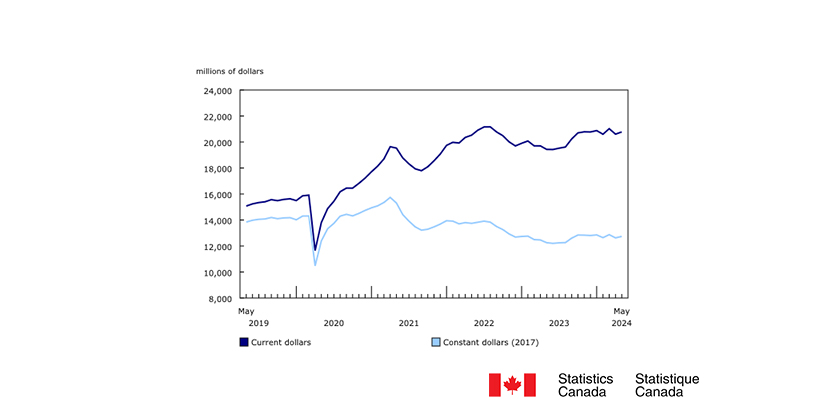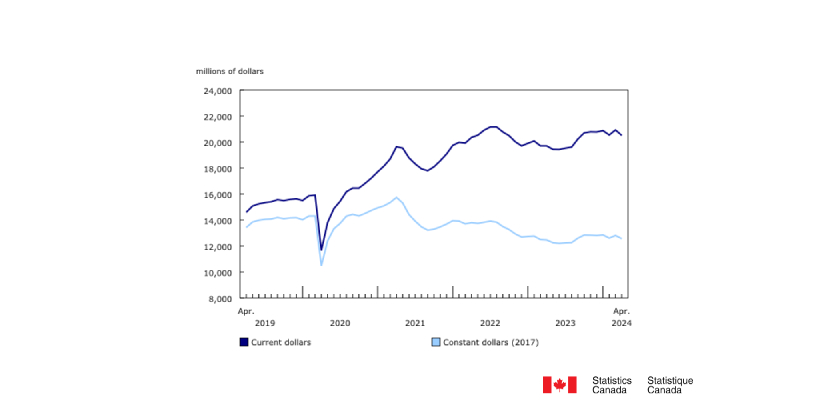Ontario Making Schools More Energy Efficient

January 25, 2018
Ontario students are benefitting from healthier, modern and more comfortable learning environments with new energy-efficient upgrades in nearly 600 schools across the province. This investment is part of Ontario’s Climate Change Action Plan and is funded by proceeds from the province’s cap on pollution and carbon market.
Mitzie Hunter, Minister of Education, visited Kensington Community School in Toronto to announce funding for school improvement projects including new solar panels, hot water boilers and LED lighting systems in schools across the province. Kensington Community School is receiving funding for two new, energy-efficient hot water boilers.
Ontario is investing proceeds from its carbon market to help schools install and upgrade energy-efficient building components and create safer, healthier schools. These projects will also help fight climate change by reducing greenhouse gas pollution from school buildings.
Improving schools and reducing greenhouse gas pollution is part of the Ontario’s plan to create fairness and opportunity during this period of rapid economic change. The plan includes a higher minimum wage and better working conditions, free tuition for hundreds of thousands of students, easier access to affordable child care, and free prescription drugs for everyone under 25 through the biggest expansion of medicare in a generation.
Quick Facts
- Ontario is investing $200 million of proceeds from its carbon market to upgrade energy-efficient school building components in 2017 and 2018.
- Ontario invested more than $358,000 to support the installation of two energy-efficient hot water boilers at Kensington Community School.
- This funding is part of Ontario’s $1.4 billion investment this year to improve school buildings by repairing and upgrading elements such as roofs, flooring and plumbing systems.
- Buildings, and the energy they consume, account for almost one quarter of Ontario’s total greenhouse gas pollution.
- The Climate Change Action Plan and carbon market form the backbone of Ontario’s strategy to cut greenhouse gas pollution to 15 per cent below 1990 levels by 2020, 37 per cent by 2030 and 80 per cent by 2050.

















